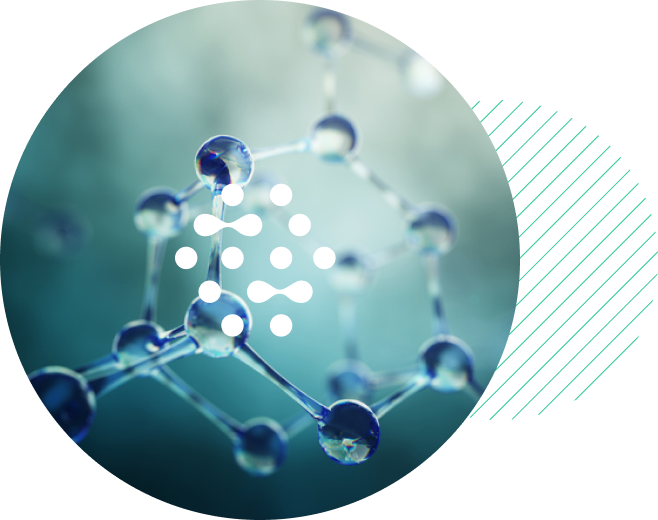Is CAR-T better than chemo?
The best cancer treatment depends on the type of cancer, the stage of its development, and the health and makeup of the patient. While chemotherapy has remained one of the most common types of cancer treatments, new therapies are also bringing benefits to patients.
One of the most promising cancer treatments is CAR T-cell therapy.
What is CAR T-cell therapy?
CAR T-cell therapy, or chimeric antigen receptor T-cell therapy, is a form of immunotherapy that modifies the T-cells of a patient to identify and attack cancer cells selectively. Even though it is a new technology, CAR-T has already shown great promise for treating different types of cancer, including blood cancers such as leukemia and lymphoma.
A clinically effective treatment for these cancers, CAR T-cell therapy has shown the potential to produce long-lasting responses, including complete remission.
Learn more about the use of CAR T-cells for cancer therapy.
What is chemotherapy?
Chemotherapy is one of the most widely known and heavily used cancer treatments. This method uses drugs to kill cancer cells and has long been an effective means to fight cancer.
Chemotherapy, however, has many severe side effects, such as fatigue, hair loss, nausea, and higher infection rates. For this reason, researchers hope to develop other types of cancer treatments that pose less risk and discomfort to patients.
CAR T-cell therapy vs chemotherapy: Which treatment is better?
Determining the most suitable treatment depends on the circumstances of each patient.
Chemotherapy is a more developed and understood treatment, suitable for a broader range of patients.
Depending on the cancer type and stage, as well as the success with other treatments, CAR T-cell therapy may be a better option — and it may even be capable of helping patients reach remission.
While every treatment has different advantages and disadvantages, there is no universally correct type of cancer treatment. The most appropriate treatment for a patient will depend on multiple factors, including the type and stage of cancer, overall health, and personal preferences.
Both chemotherapy and CAR-T therapy may be effective treatments for various types of cancer, but they function very differently and pose different risks and benefits.



